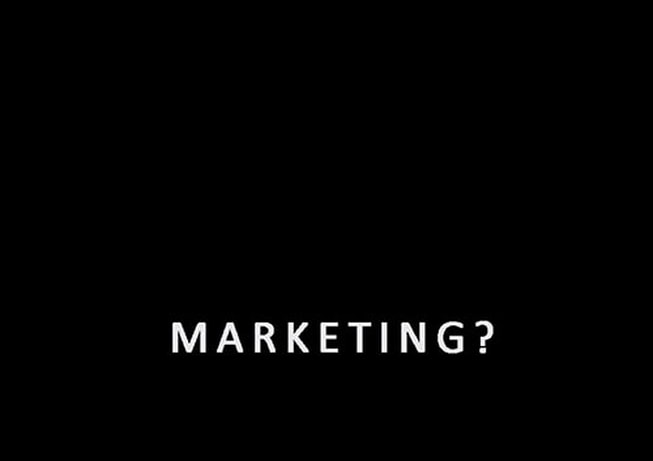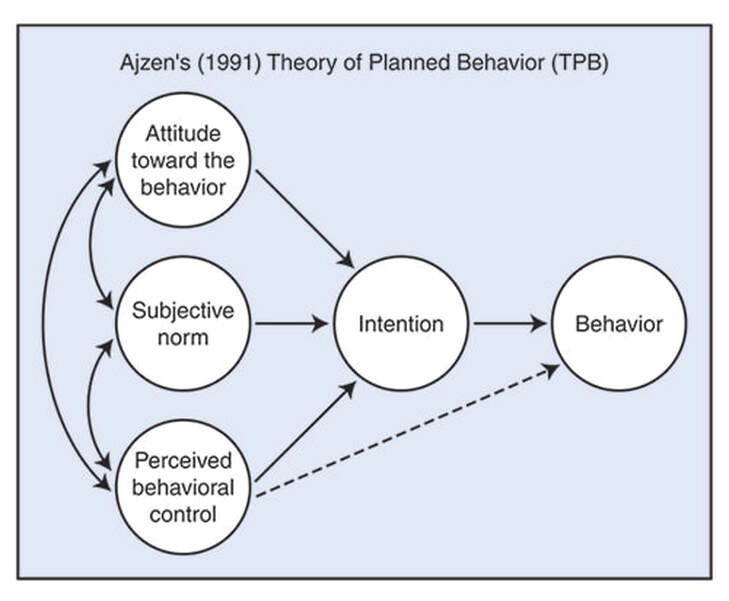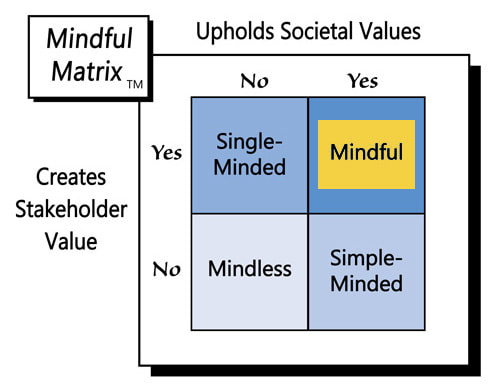One of those marketing optimists is me. More than a decade ago, I wrote a paper about marketing and reconciliation in which I made a rather simple observation: People who buy and sell from each other tend to stay on good terms and build healthy bonds. In contrast, fractured relationships often lack any meaningful exchange: verbal, material, or other.
Marketing often brings together people from different backgrounds, whose paths wouldn’t otherwise cross, for shared economic gain as well as other mutual benefit. For instance, a white family enjoys food from a restaurant owned by an Indian couple; a Black salesperson appreciates her Asian client, and vice versa; a Hispanic CEO values contributions from hundreds of employees representing an array of race and ethnicity.
Business, in general, and marketing, specifically, are catalysts for countless positive interracial interactions and relationships. As people’s lives interlace with individuals who are different than them, while partnering for a common purpose, they often come to respect and appreciate their differences.
There’s also the notion that racial equality is closely tied to economic opportunity. When people can work in well-paying jobs or even start their own companies, aspirations and optimism replace desperation and despair. Marketing helps provide such hope-inspiring possibilities.
While I truly believe all I’ve just shared, I need to remind myself and disclaim that these words come from someone who, because of his own background, has not experienced significant racial prejudice and who will never truly understand the struggles that the Black community and other people of color have endured for centuries.
One thing I can do is share this platform of Mindful Marketing with some who have experienced racial injustice firsthand, who wake up each morning to its effects, and who, also importantly, see business and marketing as a way forward—not necessarily as “the” answer, but as part of it.
I recently reached out to a few Black friends, asking if they would be willing to share their perspectives on the roles that business and marketing may play in racial reconciliation. I received four enthusiastic and thoughtful responses from: a current student, a former student, a college classmate, and a research partner. My intent is to share each person’s reflection in its entirety over the next several blog posts.
It's a small gesture that I feel led to make for several reasons:
- I care about these friends and their families.
- I want to understand the current situation from the perspectives of those most affected.
- Our opinions impact what others believe and do.
In an age of social media, the third bullet point may seem glaringly obvious; however, it takes me back fourteen years to my doctoral dissertation in which I applied Ajzen’s (1991) Theory of Planned Behavior (TPB) to accounting clients’ referral intentions. Key to the TPB, which hundreds of studies have validated, is that our intent to do anything is impacted by societal (subjective) norms, or what we perceive others believe is good or bad.
In my Marketing Principles classes, students learn that people can market three types of “products”: physical goods, intangible services, and ideas. Now is the time for all of us to leverage our own social influence to market reconciliation—one of the most important applications of “ Mindful Marketing .”
Learn more about the Mindful Matrix and Mindful Meter.
Check out Mindful Marketing Ads and Vote your Mind!




 RSS Feed
RSS Feed